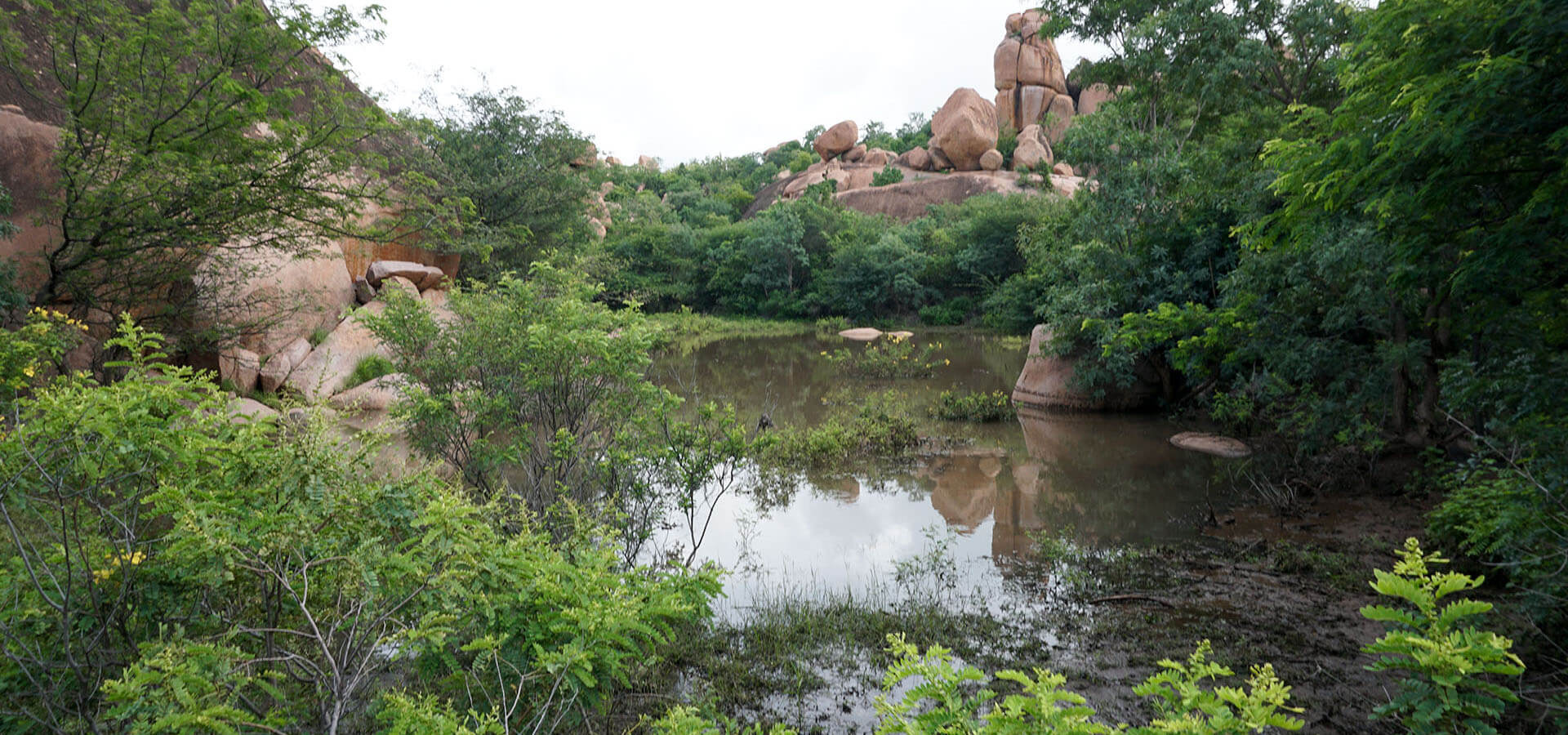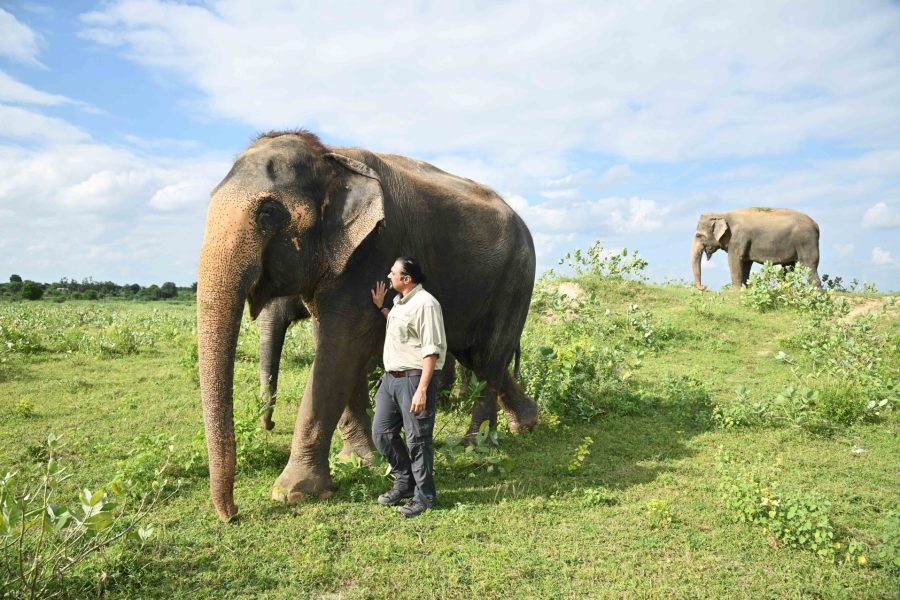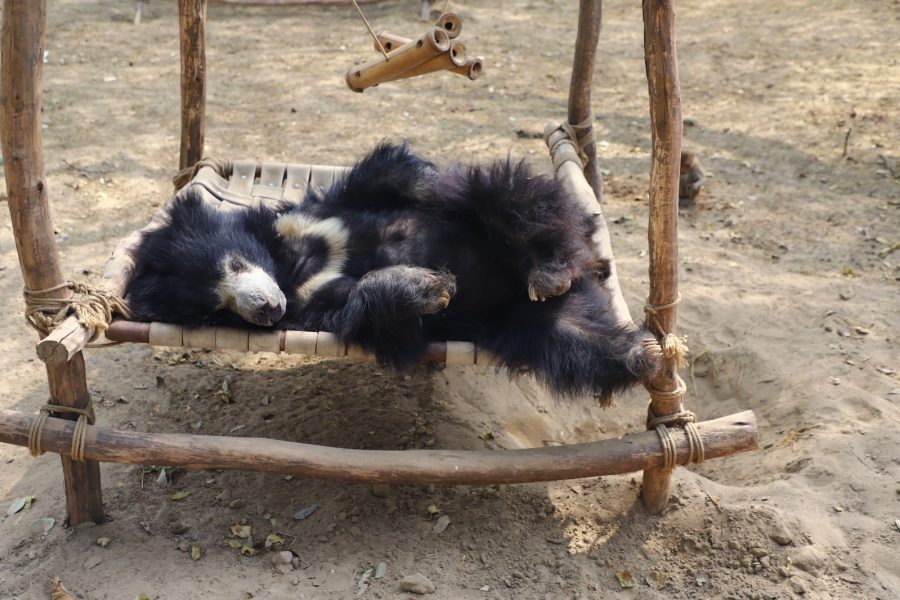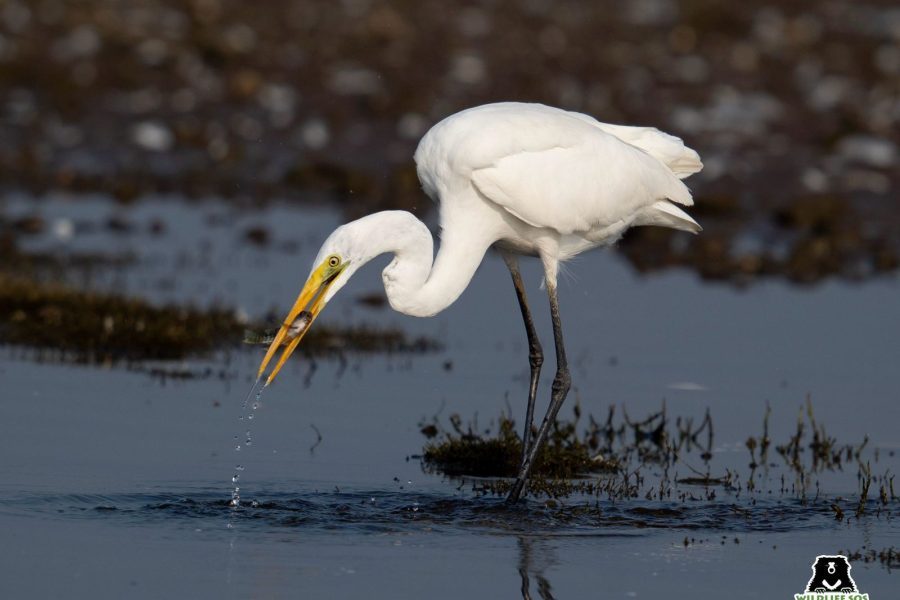As we try to put our finger on the patterns of rising illnesses through the past decades and compare them to the Covid-19 pandemic, we come to an enlightening realization. It is believed the Corona virus has one thing in common with diseases like Ebola, SARS, Nipah – they originated in markets and from exploitation and abuse of wild animals.
The novel Coronavirus is also believed to have emerged from a wild animal market in Wuhan, indicating that a wild animal was possibly a part of the cycle before the mutated virus infected humans. The practice of eating wild animals like bats, monkeys, pangolins, snakes, turtles has been condemned for a long time, yet it continues.
Research indicates that pandemics are on the rise as negative interaction with wildlife increases; and this is happening only because humans no longer respect the need to give wild animals the space they need. It is important to remember, that humans are the only ones to blame as the damage of wildlife habitats and destruction of forests is for to satiate human greed for progress, development and endless material desires.
Unfortunately it has led to the rapid destruction of forests, natural habitats thereby negating buffer spaces between wildlife and human habitations. Burgeoning wildlife trade, consuming of bush meat, rapid expanding of agricultural pursuits into forested tracts have brought humans and wild animals into closer contact than ever before, thus creating ideal situations for unfamiliar illnesses to emerge for which the human body has not had the time to allow their systems to develop a defense against these organisms.
This current global pandemic is a result of rampant harvesting of natural habitats and also wild animals. All of this builds up to the increased chances of dangerous diseases which most nations may not have the resources to battle. This is a massive wakeup call. Our current scenario is a culmination of decades of exploitation of wildlife combined with inconsiderate and unsustainable use of natural resources, while ignoring the warning signs that Mother Nature has been putting out.
The lock down is, indeed, a time for introspection. It is a time to question many of our supposed ‘needs’ – entertainment through wildlife such as riding or performing circuses, allowing the use of wild animals like pangolins, bears, bats and tigers for traditional medicine thus encouraging illegal poaching of many endangered species for their body parts, encouraging consumption of bush meat and wild animals. We need to examine the ethics that lie behind many of these practices and also examine their direct impact on human health, health of the environment and its consequences for the health of the oceans and earth itself.
One lesson I have personally learnt is we must learn to redefine co-existence and the neighbours we must learn to get along with are not only other humans but also the trees, animals and all the elements that exist. We must learn to see them as gifts of Mother Nature and observe what they bring to our lives, instead of thinking of them as competitors for nature’s resources, space and food or worse still as something to be manipulated, exploited and utilized.
I started working with nature and wildlife at a very young age, and that has always taught me the importance of a balance between all the species inhabiting this planet. Working with animals doesn’t need much, just a sense of caring for nature around us. Everybody, no matter what age, can help and provide assistance to animals in need.
We keep hearing wonderful stories of kindness where communities have come together to protect birds, leopards, crocodiles, bears and monkeys from harm, and assisted Wildlife SOS in rescuing and relocating them to safe habitats. I still feel a deep sense of gratitude when I find a child has worked hard to save a baby bird or a tiny squirrel; or a man tired after a day’s work still finds it in his heart to pick up an injured bird or bat and brings it to us for care and shelter. Our rescuers are still continuing on their daily operation no matter what happens and it’s very encouraging to see them carry their duties in such a dedicated manner. Despite every business shut down, the routines of the centre have been kept as normal as possible with regular meals to ensure that the animals do not feel any stress at all.
Individual acts of compassionate conservation are extremely important during these tough times. To prevent further situations like these, all of us have to work together. The key is to remain connected to nature – terrace gardening and farming are great ideas – but these are again things we are taking from nature. What are we giving back? Volunteering at wildlife rescue centers, animal shelters, helping to plant trees, protect forests, putting compost back in the soil, helping to conserve water, are some of the ways to give back to nature. These things will help us stay connected with nature. One can take up hobbies like bird watching, hiking, visiting wildlife sanctuaries to see the beauty of nature and appreciate the wildlife wealth we have in India.
On Earth Day, I will be part of ‘Earth At Home’ in association with National Geographic; a film that basically talks about the current pandemic and how it is affecting the wildlife around us. As this disease is rooted within the animal kingdom and originates from the loss of the buffer between man and wildlife, it is time to re-evaluate our relationship with nature. This film talks about the need to rethink our lifestyles at the moment.
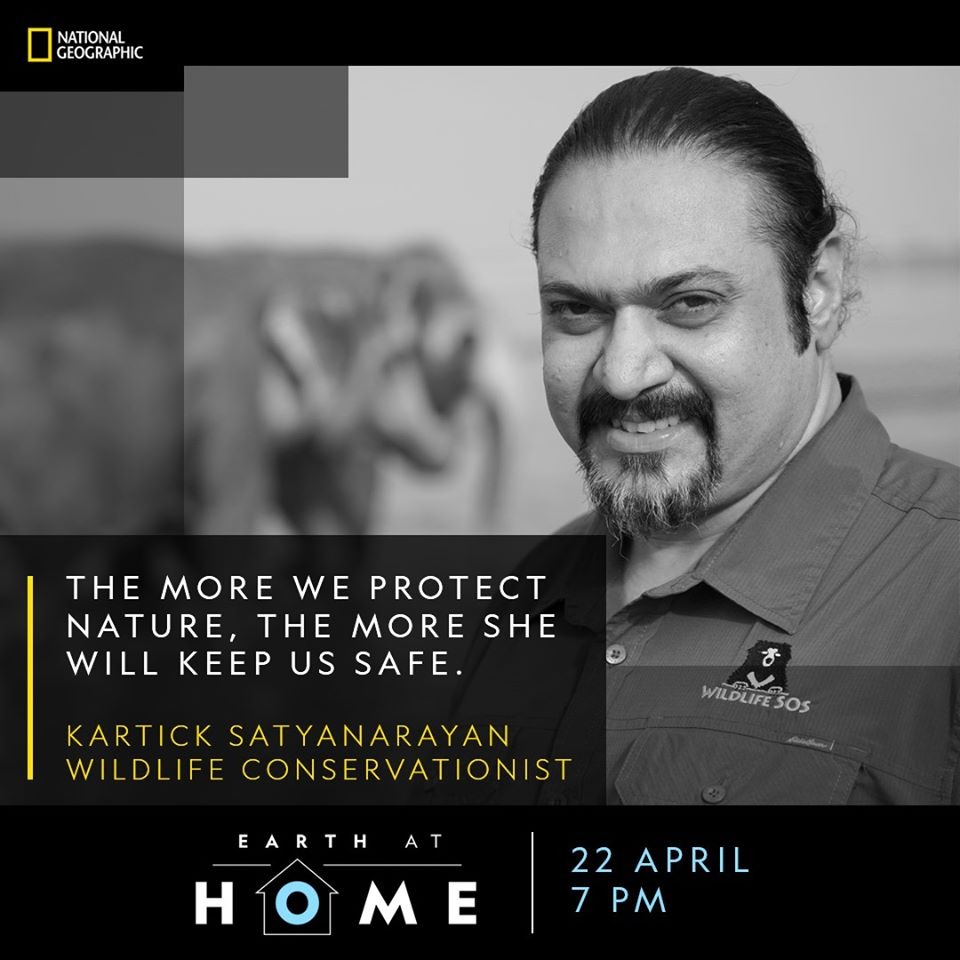
Over time as natural habitats and forested lands have been encroached upon by humans, wild animals have been driven to survive on more restricted territories. Their forest base has decreased, and their prey base has shrunk due to urban development and increasing agricultural practices.
The thing about nature is that she is not greedy and she wants us to be respectful of her and her creatures. Wild animals just want to be left alone. The current global pause on commercialism and aggressive exploitation of everything earth and nature had to offer also gives us a chance to rethink our relationship with nature. This is the message we hope to convey.
To get more involved you can connect with National Geographic and Wildlife SOS and learn more.

